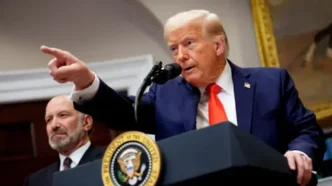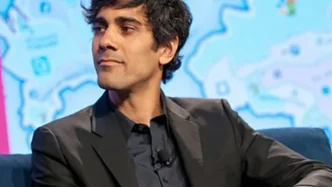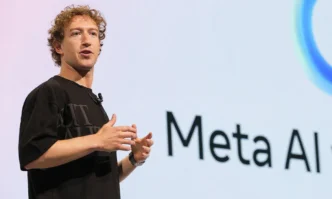AI policy in the United States is facing sharp scrutiny, as over 10,000 public comments flood the White House’s inbox—offering a vivid snapshot of national sentiment on everything from copyright law to trade tariffs. These submissions, released in full by the White House Office of Science and Technology Policy (OSTP), span more than 18,000 pages and reflect a wide range of opinions from individuals, industry leaders, and advocacy groups.
This wave of feedback arrives as President Donald Trump redefines the government’s approach to artificial intelligence. In January, he repealed President Biden’s AI Executive Order, which had required transparency in model design and sought to reduce algorithmic bias. Critics argued those rules were burdensome for developers and risked exposing proprietary technologies. Trump’s replacement order, in contrast, focuses on innovation, economic growth, and national security—without mentioning algorithmic discrimination at all.
Copyright Battles and Trade Tariffs Dominate Concerns
Many commenters raised alarms about the ethics of using creative work to train AI systems without compensation. Writers, musicians, and other creators argued that the current AI policy framework fails to protect intellectual property rights. They called for stronger copyright enforcement to ensure fair treatment of artists whose work has been scraped for AI training.
However, tech companies and investors pushed back. Andreessen Horowitz and others claimed that new copyright restrictions could derail progress and hurt U.S. competitiveness. Google and OpenAI, in previous comments, had also called for relaxed rules on AI training data to promote innovation.
Tariffs emerged as another major concern. The Data Center Coalition warned that the Trump administration’s broad tariffs on foreign-made hardware could undercut AI infrastructure development. They argued that high component costs would delay or limit future AI investments. Meanwhile, the Information Technology Industry Council, representing giants like Microsoft and Intel, urged smarter tariff policies that avoid triggering global trade conflicts while still supporting domestic industries.
Several advocacy groups, including The Future of Life Institute and the American Academy of Nursing, also emphasized the need for continued federal funding for AI research. They voiced concern over recent cuts to scientific grants—particularly those linked to Elon Musk’s Department of Government Efficiency—which they believe could weaken the U.S. position in the global AI race.
Political Bias Claims and a New White House AI Policy Team
While most comments focused on legal and economic angles, only a small number mentioned AI “censorship”—a hot topic among Trump’s allies. Elon Musk and venture capitalist David Sacks have alleged that mainstream AI models censor conservative viewpoints. Sacks even accused ChatGPT of providing misleading responses on politically charged issues.
Ironically, Musk’s own chatbot, developed by his AI startup xAI, has struggled with the same bias challenges. This highlights how difficult it is—even for politically aligned companies—to fully neutralize bias in complex AI systems.
Meanwhile, the White House is assembling a new team to guide its evolving AI policy agenda. In March, the Senate confirmed Michael Kratsios as director of the OSTP. Kratsios had previously led AI initiatives under Trump’s first term. Toward the end of last year, Trump also appointed former VC Sriram Krishnan as his senior advisor on AI—signaling a continued focus on market-driven innovation over regulatory constraints.
As the AI Action Plan takes shape, the sheer volume and diversity of public input show that the stakes are high. Whether the final version emphasizes copyright protection, open development, trade balance, or political neutrality, one thing is clear: AI policy will be a defining issue for both the tech sector and the broader public in the years ahead.













